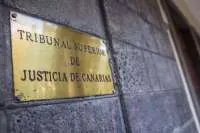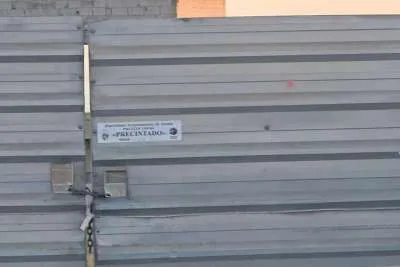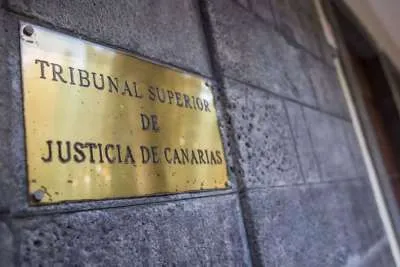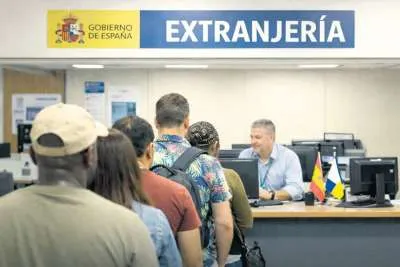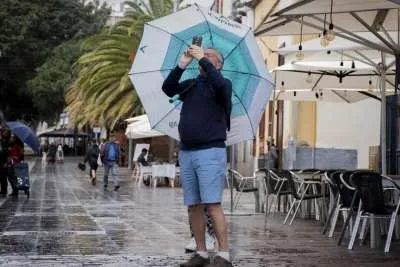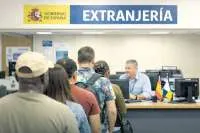Spain Fires Back at Rogue Gambling Sites with Historic Penalties
- 26-05-2025
- Business
- collaborative post
The gambling industry in Spain is undergoing a period of massive change as regulators step up efforts to combat illegal activity in the digital gaming space. With player safety and market integrity at stake, Spain’s Direcion General Ordencion Del Juego (DGOJ) are now taking unprecedented steps to shut down unlicensed operations and hold rogue operators accountable.
Spain is taking decisive action against unauthorised gambling platforms, issuing over €140 million in fines in a historic crackdown on the sector. The country’s gambling authority has targeted 14 illegal sites accused of operating without proper licensing, delivering a major blow to entities that have long evaded regulation. Many of these websites have been luring players with new no deposit bonuses, deceptively masked as legitimate deals, further blurring the line between compliant and rogue offerings.
Despite the scale of the penalties, concerns persist over the lack of clarity in Spain’s gambling framework, particularly regarding the distinction between lawful and unlawful activity. Even so, the latest enforcement drive signals a much tougher era for digital gambling businesses in the Spanish market.
OFFSHORE OPERATORS IN THE SPOTLIGHT
Many of the penalised companies are based in offshore jurisdictions like Curaçao and the British Virgin Islands, areas often associated with weaker regulatory frameworks. This international aspect of the case highlights the challenges Spanish authorities face in enforcing national laws across borders. Still, the DGOJ’s action sends a clear signal that Spain is committed to upholding its regulations and protecting its legal gambling ecosystem from outside threats.
These enforcement efforts reflect the regulator’s intent to shield both consumers and legitimate operators from the dangers of illicit gambling platforms, which often operate without sufficient safeguards for users, including protection against fraud, identity theft, and underage gambling.
THRIVING LEGAL MARKET SPURS TOUGHER ENFORCEMENT
The crackdown comes at a time when Spain’s legal online gambling market is showing robust growth. According to the 2024 State Online Gaming Market report, the sector experienced a 17.6% year-on-year increase in gross gaming revenue, and is expected to be worth almost USD 40 Biilion by 2033. As legitimate revenues rise, so too does the urgency to protect the market from illicit competition.
To further its oversight capabilities, the DGOJ has also hosted its first anti-money laundering (AML) summit for the gambling sector and participated in several international conferences, including a recent event held by the UK Gambling Commission. These engagements are part of a broader effort to collaborate with other regulatory bodies and address shared concerns such as identity theft and digital fraud in online gaming.
CRITICS CALL FOR GREATER TRANSPARENCY
Despite the bold action, the crackdown has sparked debate over regulatory communication. The Spanish Ministry of Social Rights and Consumer Affairs reported over €140 million in fines in 2024 alone, but failed to clearly distinguish between penalties given to legal versus illegal operators. Industry experts warn that this lack of clarity could damage the reputation of compliant operators and confuse the public about the safety of regulated platforms.
The issuance of these huge fines marks a pivotal moment for gambling regulation in Spain. It underscores the DGOJ’s determination to enforce the law, protect players, and preserve trust in the legal gaming sector. While challenges remain in cross-border enforcement and public communication, the move sends a strong message to unlicensed operators: Spain is cracking down, and non-compliance will not go unpunished.
Gamble Responsibly: Gambling should be enjoyed as a form of entertainment, not a way to earn money. Always gamble within your financial means and set limits to stay in control. You must be 18 or older to participate in gambling activities. If you or someone you know has a gambling problem, seek help from organisations like FEJAR (Federación Española de Jugadores de Azar Rehabilitados) at www.fejar.org. Stay safe and gamble responsibly.
Other articles that may interest you...
Trending
Most Read Articles
Featured Videos
TributoFest: Michael Buble promo 14.02.2026
- 30-01-2026
TEAs 2025 Highlights
- 17-11-2025






